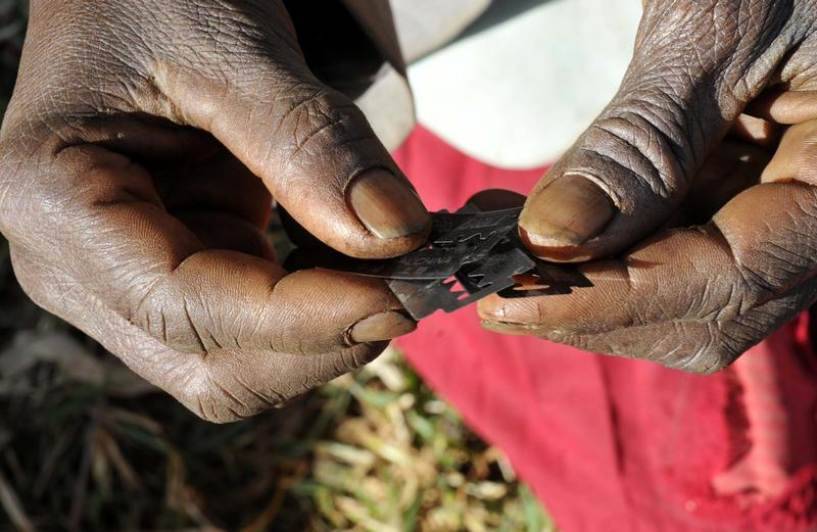The federal government in collaboration with the United Nations Children’s Fund (UNICEF) has launched an initiative targeted at mobilizing five million Nigerians to end Female Genital Mutilation (FGM) in the country.
FGM involves partial or total removal of external female genitalia or other injury to the female genital organs for non-medical reasons. It is recognized internationally as a violation of the human rights of girls and women.
Speaking during the launch of the initiative tagged ‘Movement For Good To End FGM’ in Abuja on Thursday, the United Nations Humanitarian Coordinator to Nigeria, Matthias Schmale, said recent surveys indicate the existence of hotspots among girls 0 to 14 years in northern states such as Bauchi, Kaduna, Jigawa and Yobe.
He said the medicalization of FGM in Nigeria remained a threat in some states like Ekiti, Osun and Oyo.
He said though the overall prevalence had sharply decreased, analysis of data revealed increased mutilation from medicalization.
He said Nigeria had made strong public commitments to end FGM by 2030 but with less than seven years to go, it is still seriously off track which necessitates doing things differently to accelerate social behaviour change and ensure that violence against women and girls stopped.
He added that there was a need for data in addition to strong political commitment, preventive and responsive services for survivors, among others.
Minister of Women Affairs, Dame Pauline Tallen, said available statistics showed that Nigeria had the highest number of cases of FGM in the world accounting for about 115 million out of 130 million circumcised women worldwide.
She said the South-South zone with 77 per cent among adult women had the highest prevalence practice in Nigeria, adding “This is followed by the South East zone with 68 per cent and South West zone with 65 per cent. The Northern part of Nigeria is also not free from this practice.”
She said that FGM has no health benefit for girls and women and results in adverse pain and hemorrhage, infection, acute urinary retention following such trauma, as well as damage to the urethra or anus.
The minister said eliminating FGM is crucial to realizing many of the other Sustainable Development Goals, (SDGs), including targets on health and well-being, quality education, gender equality, decent work and economic growth.
“The continuous practice of FGM denies girls and women the right to quality education, opportunities for decent work and their health particularly sexual and reproductive are threatened,” she said.

 Join Daily Trust WhatsApp Community For Quick Access To News and Happenings Around You.
Join Daily Trust WhatsApp Community For Quick Access To News and Happenings Around You.


